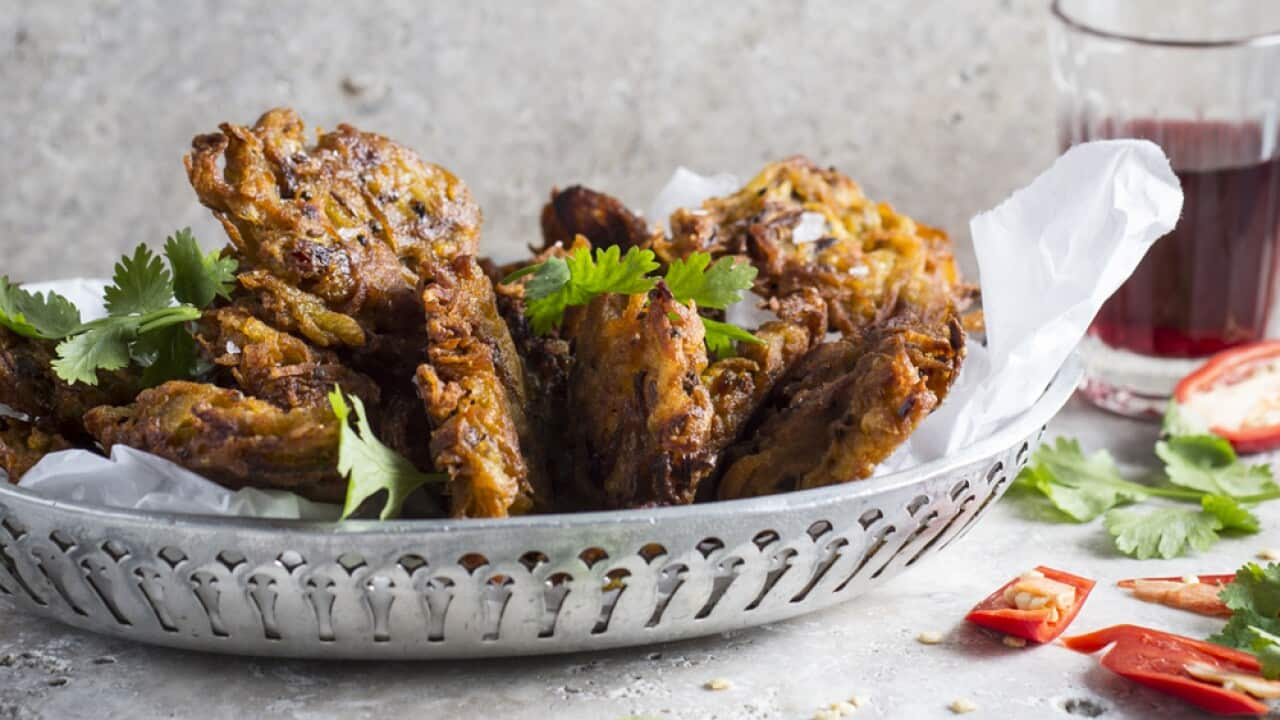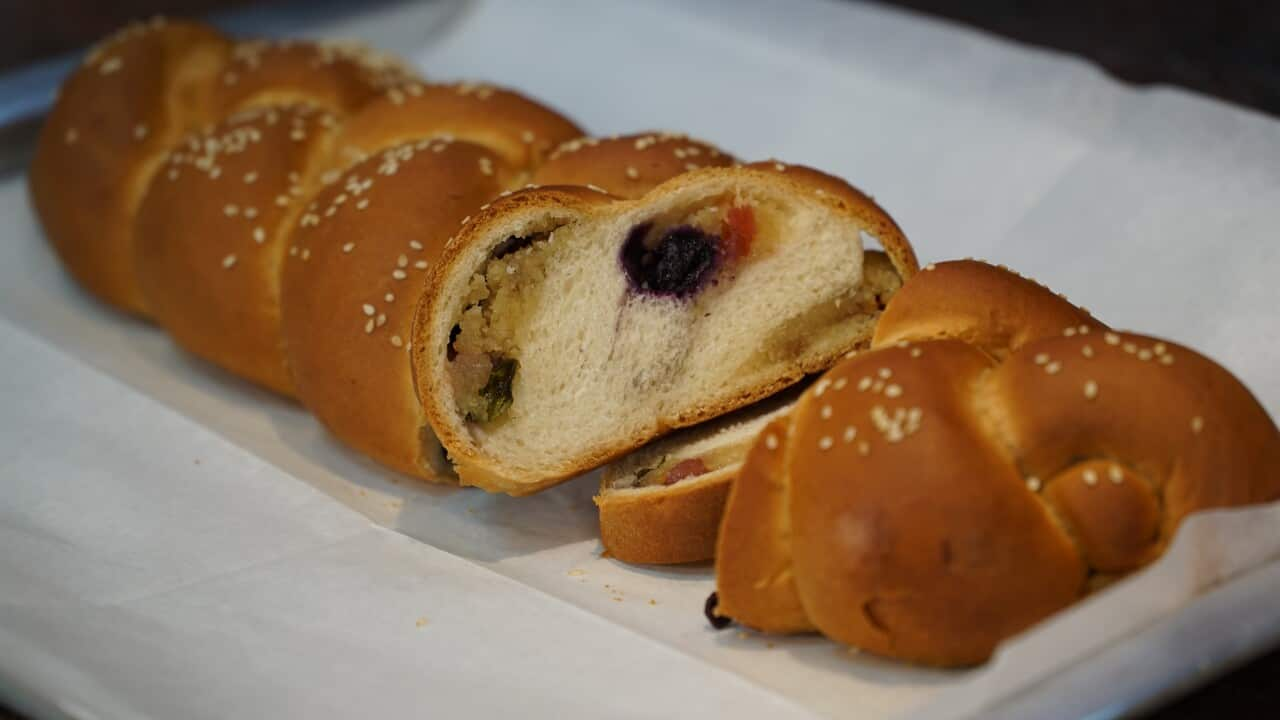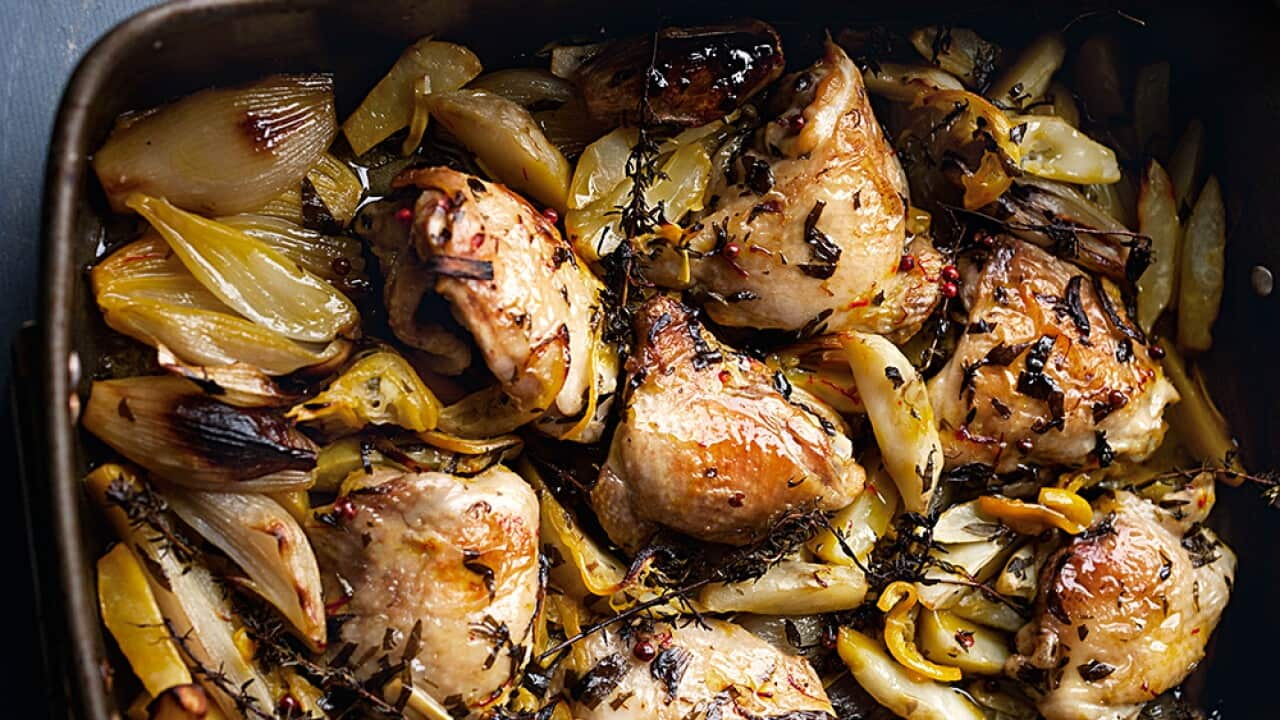At sundown on December 18, the eight days of Jewish Hanukkah celebrations will kick into gear. The 'festival of light' is a time for family, friends and feasting that is commemorated by lighting the Hanukkah menorah, with the candlelight growing in strength throughout the festival as one extra candle is lit each day.
Hanukkah, which means "dedication" in Hebrew, celebrates the miracle that occurred after the 164 BC victory of a group of Jewish people known as the Maccabees over the Greek Syrians, who had banned Judaism. The Maccabees liberated the temple and won the Jewish people the right to practice their religion.
READ MORE

The gentile's guide to Hanukkah
When the temple was rededicated, an oil lamp was lit. At the time, oil was in short supply and there was just enough in the lamp to provide light for a single day. However, miraculously the oil continued to burn for the entire eight days needed to replenish the stores of oil. Hanukkah, therefore, lasts for eight nights, to commemorate how long the holy light burned. "To celebrate the miracle, we do as we do for all Jewish festivals - we make it about the food," laughs Lisa Goldberg, who together with Merelyn Chalmers, Jacqui Israel and Natanya Eskin forms the Monday Morning Cooking Club - authors of three popular cookbooks, including their latest Now for Something Sweet. "We do it at every festival, it's always about the food, always about something to eat..."
"To celebrate the miracle, we do as we do for all Jewish festivals - we make it about the food," laughs Lisa Goldberg, who together with Merelyn Chalmers, Jacqui Israel and Natanya Eskin forms the Monday Morning Cooking Club - authors of three popular cookbooks, including their latest Now for Something Sweet. "We do it at every festival, it's always about the food, always about something to eat..."

Lisa Goldberg, one quarter of the highly successful Monday Morning Cooking Club, says that embracing festivals like Hanukkah is a special part of being Jewish. "It's a beautiful way to ensure that traditions continue for future generations." Source: Alan Benson
To celebrate the miracle, we do as we do for all Jewish festivals - we make it about the food.
For Hanukkah, that means eating food fried in oil, something most Jewish people refrain from consuming for most of the year. "At Hanukkah, we fully embrace it and for eight days you can eat anything that's fried in the name of the festival," explains Lisa. "It's such a delicious festival. For my family, the most exciting part is two things: one is latkes, fried potato pancakes, and the other is doughnuts."
Experiments in latke
Most families will make their own latkes, something Lisa says is really easy to do. "You just grab potatoes, salt, egg and oil, and onion if you want to go really fancy. And that's it."
Like all good holders of tradition, Lisa isn't afraid to experiment. "For our last book... a lady who grew up in India gave us a recipe for potato baji. And what we did is we took the spices from that and turned them into these potato baji latkes. So you get a fried latke with these beautiful spices, which just shakes up your Hanukkah a little bit."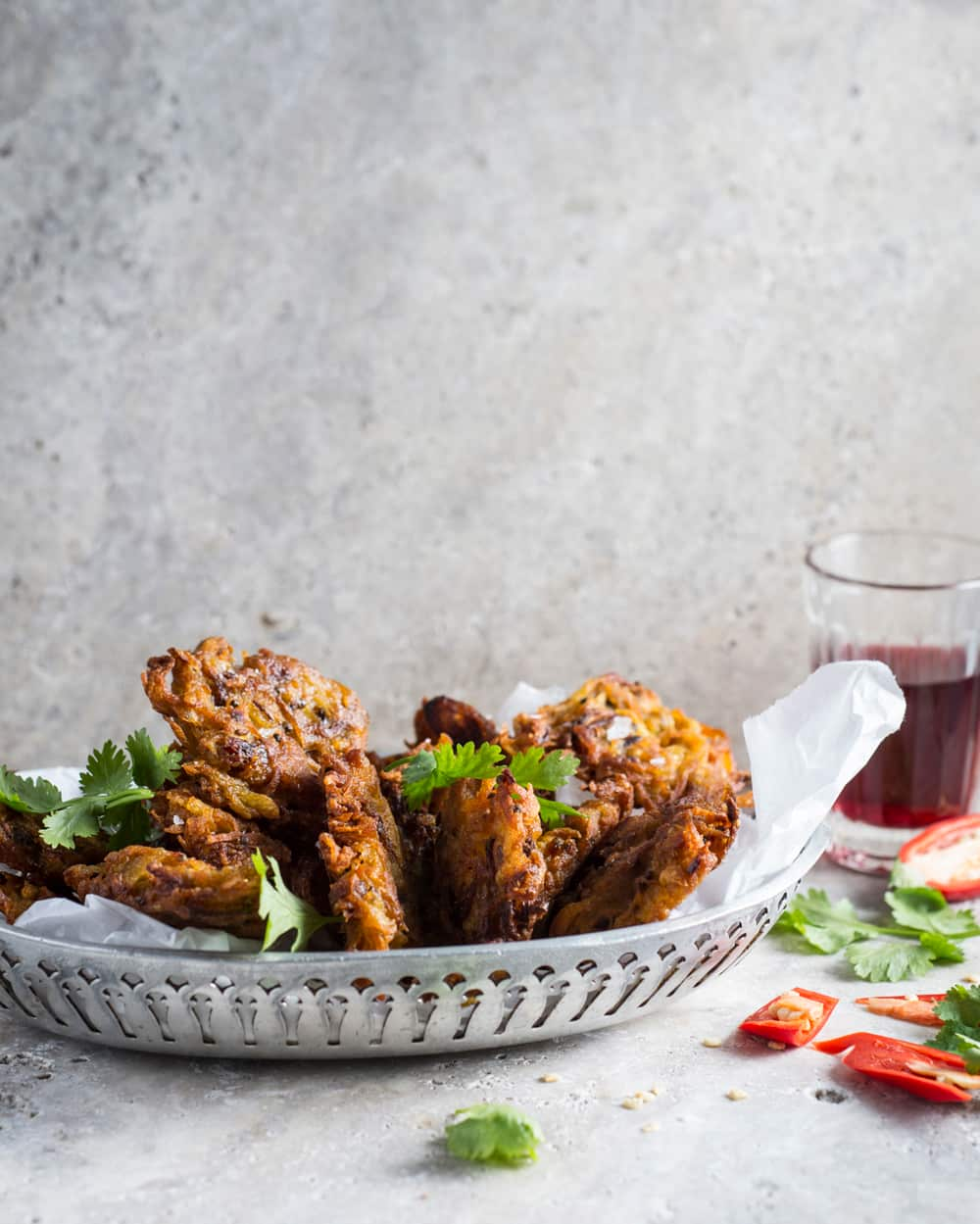 Get the recipe .
Get the recipe .

Baji latkes bring cultures together by injecting the spices of Indian baji into a traditional potato latke. The result is every bit as good as you'd expect from such an inspired merger. Source: Alan Benson
Then there's the question of what to have with your latkes. "There's a bit of a debate as to whether you go sweet or savoury, but my family is 100 per cent savoury."
Lisa says that the American Jewish tradition of putting applesauce and sour cream on latkes isn't really done in Australia. Instead, popular toppings include salt and sour cream; smoked salmon or smoked trout with sour cream or cream cheese.
It's all in the potato
Another important thing about making the perfect latke is choosing the right potato. "I use Desiree for latkes, always. I find them a good, all-around potato that works very well. But be aware that just because it's a red potato, doesn't make it Desiree. Desiree has slightly yellow flesh and they're a little bit softer inside."
Lastly, always drain your latkes on a rack, not a paper towel. Lisa finds that latke drained on paper towel tend to become a bit soggy and lose the delightful 'soft on the inside, crisp on the outside' texture of a good latke.
You can try Lisa's recipe for potato latkes here:
READ MORE

Salmon pastrami with potato latkes
So jammy good
The other Hanukkah specialty that has Lisa's heart is sufganiyot or doughnuts. She makes a quick yeast batter, which rested for an hour then is spooned into the hot oil. "There's no shaping or anything, which just cuts out a whole step. They just fry into these beautiful, misshapen, fluffy, gorgeous little doughnuts, and then you take them out of the oil and roll them in cinnamon sugar. They are unreal."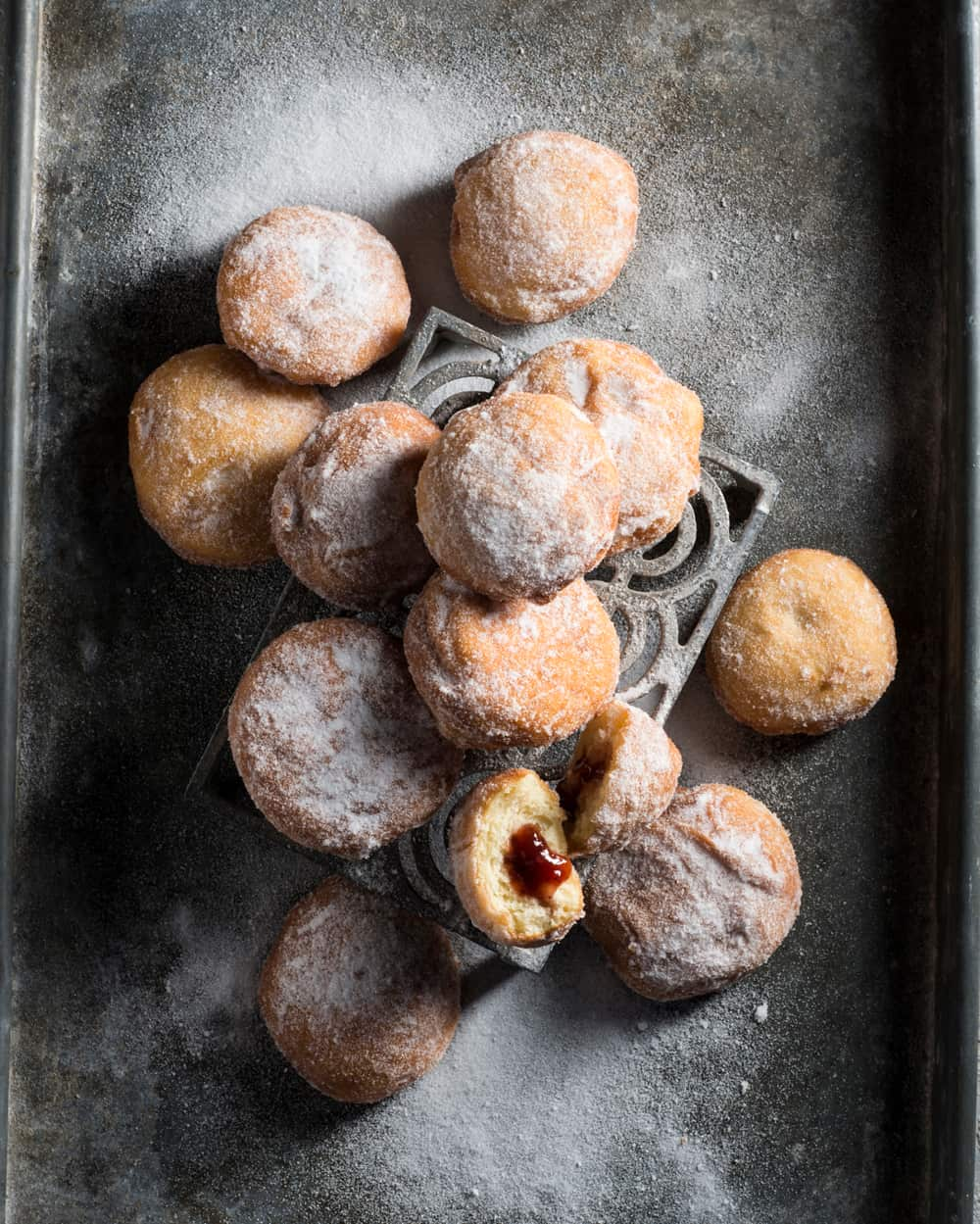 Get the recipe .
Get the recipe .

Sufganiyot made with jam are one of Lisa's favourites. "All the shops around the suburb where the Jewish community live sell doughnuts during Hanukkah, but we also all love to make our own." Source: Alan Benson
Lisa's specialty is jam-filled doughnuts where you make a proper yeasted dough, roll it out and cut circles. "You put a blob of jam on one circle, then cover it with another and seal it and then fry them so you get hot jam doughnuts. I love burning my lips on the jam," she laughs.
Most jams from the supermarket are too runny to make sufganiyot, but Lisa has a special hack that means you can still use your favourite. She takes the jam and boils it in a pot for about 10 minutes to make it thicker, almost like a jelly. That way it sits well inside the dough and doesn't disintegrate during frying.
Satisfying the crowd
The best thing about both latkes and sufganiyot is that they are both perfect dishes for catering for a crowd - something the Jewish community does well all year round, not just at Hanukkah.
"When you're catering for a lot of people for dinner, you need to think about your timings," advises Lisa. "Don't ever plan on serving everything hot. You need some room-temperature dishes along the way." Through experience, Lisa has learned that the average kitchen oven just won't stay hot enough when you're using it for big quantities. So rather than rely on a very hot oven right, she prefers to offer dishes that can be cooked in batches and then gently reheated prior to serving. For example, if she's frying latkes for a crowd, she'll make them in the afternoon, drain them on a rack on the oven tray and then reheat them all together before serving. Or she'll cook roast pumpkin halfway in the afternoon, then finish the baking in a hot oven at dinner time.
Through experience, Lisa has learned that the average kitchen oven just won't stay hot enough when you're using it for big quantities. So rather than rely on a very hot oven right, she prefers to offer dishes that can be cooked in batches and then gently reheated prior to serving. For example, if she's frying latkes for a crowd, she'll make them in the afternoon, drain them on a rack on the oven tray and then reheat them all together before serving. Or she'll cook roast pumpkin halfway in the afternoon, then finish the baking in a hot oven at dinner time.

Sydneysiders Lisa Goldberg, Merelyn Chalmers, Jacqui Israel and Natanya Eskin have been cooking together since 2006. Source: Alan Benson
Coming together to feast like this is... just part of our DNA.
She'll also do all of her salad preparations the day before - washing and chopping up the vegetables and mixing the dressing, ready to go. "All I have to do on the day is put it all in a bowl and mix it."
Her go-to for the main course is a whole side of New Zealand salmon, which she cooks in advance and serves at room temperature. A dish that rests like this means she's done all of her cooking well before guests even arrive. "Salmon is beautiful at room temperature," says Lisa. "And most people just love it so you can't go wrong."
READ MORE

Grilled salmon with onion sauce
A constant conversation
Lisa caters for a crowd many times a year, taking her turn to host the weekly Friday night Shabbat dinner as well as bigger occasions like Yom Kippur, Rosh Hashanah and Hanukkah.
There are so many festivals and it's a constant conversation about food.
"Coming together to feast like this is... just part of our DNA," says Lisa. "For our books, we interviewed so many people about their stories about their lives and their connection with food and it's always been such a big part of so many people's lives. Friday night dinner, the Shabbat dinner, is the cornerstone of it all and the festivals are an extension of that. There are so many festivals and it's a constant conversation about food."
This year Hanukkah begins at sundown on 18 December and finishes at sundown on 26 December.

